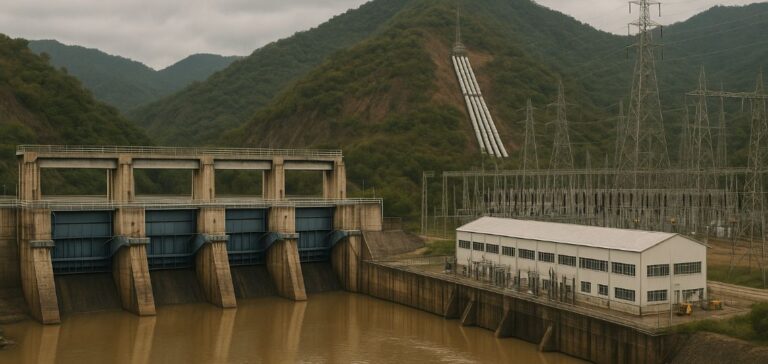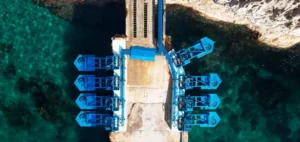Marco Antonio Suástegui, a local figure in the protest against a hydroelectric power plant project in Mexico, died from his injuries after an attack in Guerrero State. The human rights organisation Tlachinollan confirmed the news in a statement issued on April 26.
The activist led a non-governmental organisation mobilised against the construction of a hydroelectric plant on the Papagayo River by the Comisión Federal de Electricidad (CFE), Mexico’s main public electricity company. According to the NGO, the implementation of the project would directly affect the rights of local communities.
Conflicts linked to energy projects
Mexico is among the most dangerous countries for environmental defenders, according to the international organisation Global Witness. Many activists have been victims of violence due to their opposition to investment projects, whether public or private.
Marco Antonio Suástegui was seriously injured on April 18 during an armed attack on his business located in the resort town of Acapulco. Hit by three bullets, he had been in intensive care in a regional hospital until his death.
A context of persistent violence
In addition to his opposition to the hydroelectric project, Marco Antonio Suástegui regularly denounced acts of extortion and violence committed by organised crime groups against beach service providers. These positions had earned him multiple death threats, according to statements by the NGO Tlachinollan.
“We regret the murder of one of the most important fighters for human rights in Guerrero,” the organisation stated in its release, without providing details on the assailants’ identities.






















